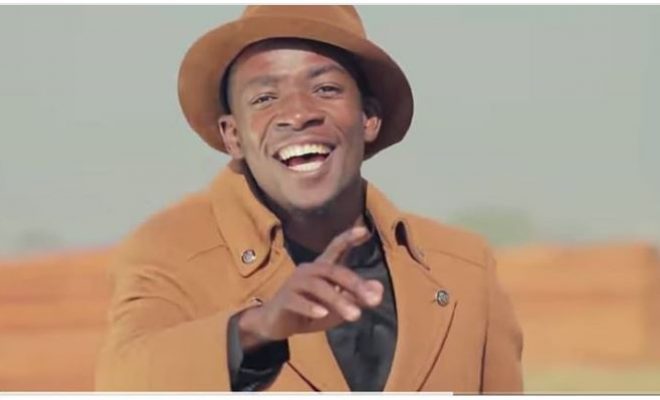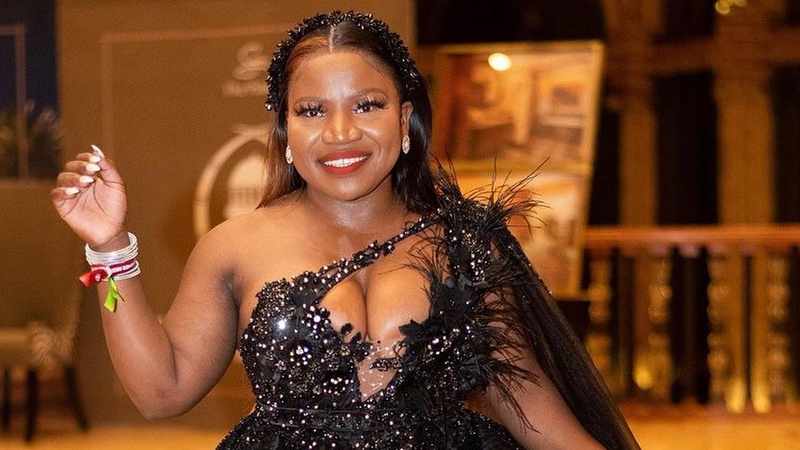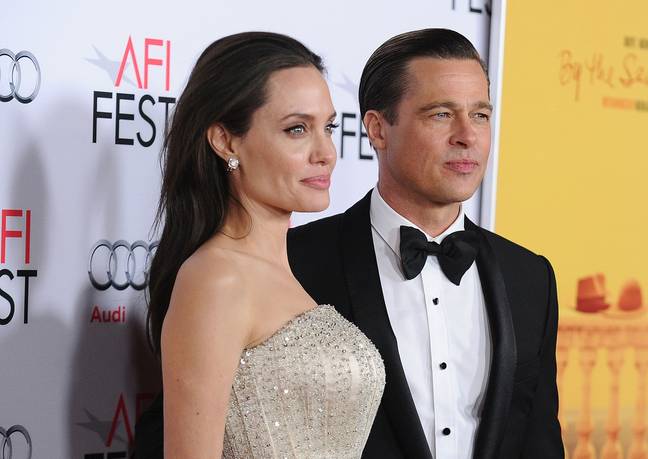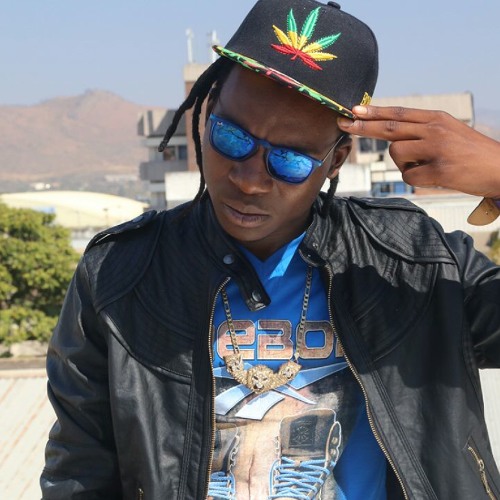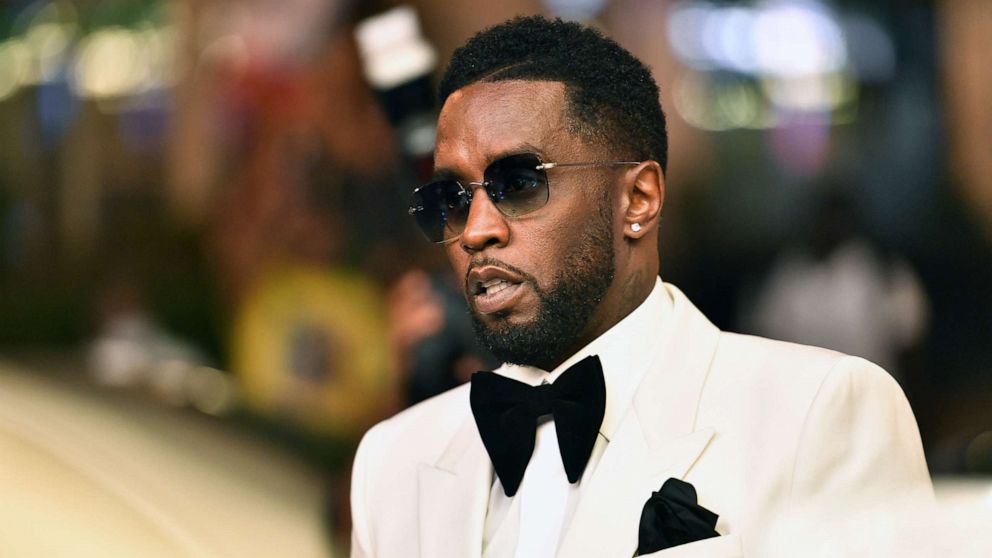With the rise of the so-called urban grooves and Zimdancehall, there has been an unwritten competition among the singers of these genres to produce as many songs as possible within the shortest period to beat the competition.
This has seen new songs being churned out almost daily, some of them relying heavily on lines and lyrics of recorded works of yesteryear artistes.
Music analysts say some of these newcomers are under so much pressure to put something on the market to the extent that they just turn to existing works either because they do not have time to compose or they are lazy.
But reproducing someone’s works always catches up with the offender, and this is the situation that Zimdancehall chanter Jah Signal, now finds himself in.
The video for his 2018 hit song, “Sweetie”, has been pulled down from YouTube, and many have pointed to copyright violations following a tiff between Jah Signal and gospel singer Charles Charamba over the song.
It was clear to those who follow the two musicians’ songs that Jah Signal’s “Sweetie” (Shinga Muroora) borrowed heavily from the lyrics of Charamba’s hit song “Kana Vanhu Vangu”.
Although both musicians could not comment on the latest development yesterday, they are on record having discussed the matter, with Charamba not happy with how Jah Signal exploited his works. In 2019, Charamba told an online publication that he did not give Jah Signal permission to include his lines on “Sweetie”. “They texted me seeking consent and I advised them not to go ahead after sampling the lyrics,” he said. “I discouraged them to do so not just on the basis that it was my melody, but mostly because I sensed danger. To me, the rendition is not an ordinary joke or parody, but blasphemy.
“When someone changes the whole scope and meaning of a Christian song that would have been composed for worship and soul-winning, I am not the one seriously offended, but God, in my view.”
Jah Signal told the same publication that Charamba expressed his unhappiness about how his lyrics were part of the song.
“When he found out about the song, he contacted us and said he was not comfortable with his music being associated with secular musicians and we understood that, but it’s not illegal to incorporate a small piece of someone else’s music into your song without permission, however, I would please appreciate it if we let sleeping dogs lie because we don’t want to open old wounds,” he said.
“Sweetie” was produced in 2018 and reached million views a few months after it was uploaded. The following year, Jah Signal went on to win Song of the Year at the Star FM Music Awards scooping US$2 000, a trip for two in Cape Town, and R10 000 spending money.
Yesterday, social media was ablaze with various views on the fallout between the two musicians, a development that generated counter-accusations from fans who were directed at the two.
“We should not allow such things to happen,” said Sophia Makura. “I suggest the issue could have been solved amicably. I love both artistes and they are good in their way. Stealing is bad, what Jah Signal could have done was to rectify the issue during that period not to relax. It will affect his career and internationally it will be difficult for him to penetrate the market.”
Another fan identified as AChihoro said Jah Signal lacked professionalism.
“No wonder we do not even see the doors of Grammy, what is this he has done? Anyway tough luck for him. He went on to win an award with that song. Our music industry is something else, but what YouTube has done is fair to Charamba,” said the music fan.
Tonde Tint accused Charamba of seeking relevance if indeed he was involved in the pulling down of Jah Signal’s song from YouTube.
Supporting Tonde was Maria The Diva who said, “Charamba could have sat down with the young man and discussed the matter. I love Sweetie, it was our dance tune but removing it on YouTube was wrong, anyway ndikoko — it is what it is.”
There are consequencies for having a song pulled down on YouTube over copyright issues.
That can affect someone’s ability to monetise their work. In addition, if your active live stream is removed for copyright, your access to live streaming will be restricted for seven days.
Your account, along with any associated channels, is subject to termination. All the videos uploaded to your account will be removed.
Writing on his Facebook wall about the incident well well-known blogger and creative director, Plot Mhako extolled musicians and artistes to be professional at all times.
“Even if you commit a crime 20 years, it will still come back,” he said. “Artistes should learn to seek permission first as copyright exists for a reason, and using another artist’s work without consent is legally and ethically wrong.”
Mhako said it was important for musicians to understand the case of fair use limitations.
“Fair use allows limited, transformative use of copyrighted material for commentary, criticism, or parody,” he said. “However, exceeding these limitations, as arguably happened in this case where “Sweetie” heavily relied on “Kana Vanhu Vangu” falls under copyright infringement.
“Be aware of online reach. The internet amplifies both success and legal issues, even seemingly minor infringements can gain significant exposure, attracting unnecessary attention and potential lawsuits.”
A copyright violation on YouTube occurs when someone uses copyrighted material without proper authorisation which includes content ID claims, which is a tool that automatically scans YouTube for copyrighted material.
When a video or audio track contains copyrighted content, the copyright owner can file a Content ID claim. This claim may result in actions such as monetisation whereby the copyright owner can choose to monetise the video by placing ads on it. Copyrights violations are common worldwide, with some big international artists admitting that they were once caught offside, but are now paying the price.
Nigerian music star Burna Boy shocked some of his fans when he disclosed during a recent podcast interview that American R&B star Toni Braxton gets 60 percent of the royalties from his popular single “Last”.
The beat of Burna Boy’s “Last Last” is a close sample of Toni Braxton’s 2000 song “He Wasn’t Man Enough“. The singer negotiated the arrangement with Braxton’s team so he could legally use the beat. Burna Boy said he had always wanted to sample the 2000 R&B hit by Toni Braxton and he eventually got music producer Chopsticks to make that happen.
In Hollywood, last year, singer Ed Sheeran defeated a copyright infringement lawsuit involving his Grammy-winning song “Thinking Out Loud” and the Marvin Gaye classic “Let’s Get It On.” A Manhattan jury has found the musician did not engage in wilful copyright infringement following a trial that saw Sheeran playing guitar and singing in court.
He won the battle-Herald

